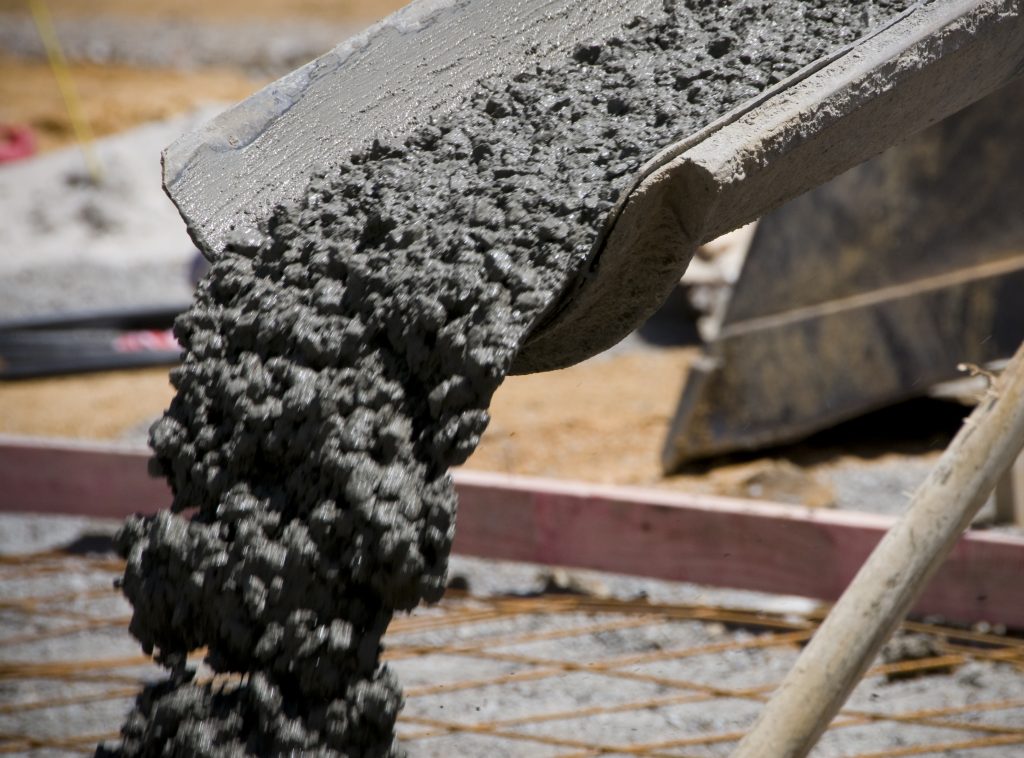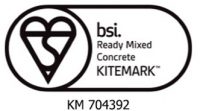Whether you’re new to working with concrete or you’re a seasoned expert, trying to get your head around what affects concrete drying times can be difficult. In this article, the EasyMix team has created a simple guide so you can better understand concrete drying and curing and how it might play into your ongoing projects.

The difference between drying and curing
To the frustration of those in the know, the above terms are often used interchangeably, when in reality they refer to two very different processes:
- Curing: Concrete curing is the process of ensuring that moisture isn’t lost when the material is still in a state of infancy, whilst also making sure the correct temperature is maintained. This means that the cement is properly hydrated and the concrete will be nice and durable.
- Drying: Drying, then, is just that: the process by which the concrete dries and reaches its full strength.
About concrete curing
While we like to think of curing taking place during a set amount of time, concrete actually never stops curing; it continues to get stronger as time goes on. However, this isn’t very useful for us practically – we want to know how long concrete takes to reach a strength that we can rely on for building. For most commercial or industrial mixes, this is around 28 days.
After just a week, the concrete will have already achieved around 75% of its compressive strength, but that last 25% is very important, so don’t think that you can stop the curing process early or drive machinery over the surface if you are in a rush.
Some lighter domestic mixes might appear to set in just 48 hours or so, but even if this is the case for your project, we would advise against putting the concrete through its paces until after a period of four weeks. This gives it time to strengthen completely, meaning you can be secure in the knowledge that it’s ready to bear a load.
What can affect concrete curing?
While 28 days is a pretty accurate estimate and a good starting point, there are a few different factors that can affect the speed at which concrete cures.
- Extreme heat: The concrete curing process is all about maintaining moisture, which is why extremely dry or hot weather can be an enemy of the curing process. If you are experiencing an extended period of hot and dry weather, consider erecting a shelter above the concrete in order to protect it and keep it moist.
- Extreme cold: On the flipside, extremely cold weather can also affect the curing process, because concrete that freezes and thaws quickly can crack and become weak. Again, the key here is to create a shelter, preferably insulated, for your concrete, particularly within the first 48 hours where keeping it at the right temperature is vital.
EasyMix concrete is a leading concrete supplier based in London. It’s safe to say we’re concrete experts, so if you have any questions for us about concrete mixing or curing, we would be more than happy to answer them. We create some of the finest concrete mixes around too, so if you need some ready mix or volumetric concrete for your next project, why not give us a call? We’re always happy to assist!



